A mere six months passed between the tragedy of Pearl Harbor and the triumph of U.S. naval forces during the Battle of Midway. It was the Navy’s code-breaking team located at Pearl that provided crucial information allowing the Americans to be in the right place at the right time to win the Midway victory. Chief among the code-breakers was Lt. Cmdr. Joseph J. Rochefort, a veteran who had studied the Japanese language in Japan and was nothing short of a genius at cryptanalysis.
Described by many as an eccentric, Rochefort worked his men relentlessly at what was known as Station Hypo, gleaning intelligence through cryptanalysis of the Japanese naval code known as JN-25. His men, which included a number of orphaned bandsmen from the sunken USS California, were hardly the model of proper Navy men in dress or conduct. Nevertheless, the work being conducted at Station Hypo was critical to the war effort—and Rochefort knew it all too well.
“I have often said that an intelligence officer has one task, one job, one mission,” Rochefort commented. “This is to tell his commander, his superior, today, what the Japanese are going to do tomorrow. This is his job. If he doesn’t do this, then he has failed.”
In his book War at Sea: A Naval History of World War II, Nathan Miller asserts that it was precisely the pervasive feeling of failure that made Rochefort work so hard, often on duty for 20 hours at a time with a cot in his office. The failure? Station Hypo had not been able to give Admiral Husband Kimmel, naval commander at Pearl Harbor, any warning that a Japanese attack force was bearing down on Hawaii and the U.S. Pacific Fleet.
Rochefort had failed to live up to his own dictum. Yet, Kimmel’s successor, Admiral Chester W. Nimitz, kept him on. This turned out to be one of the most fortuitous decisions the new commander made. Further, Nimitz listened to what Rochefort had to say.
Nimitz committed virtually everything the U.S. Navy had in the Pacific, based largely on the intelligence given to him by Rochefort. The decision paid off with the most crucial naval victory in American history.
Miller calls Rochefort’s treatment after Midway “shabby.” Rochefort’s commentary had often been caustic. He had made enemies among the navy’s top leaders. When Nimitz recommended him for the Distinguished Service Medal, it was vetoed by Admiral Ernest J. King, the Chief of Naval Operations. Detractors convinced King that Station Negat in Washington deserved much of the credit for the Midway intelligence coup.
Rochefort’s beloved Station Hypo was nearly taken over by the Office of Naval Communications, and he erupted, threatening to “secede” and asking for sea duty. Eventually he headed the Pacific Strategic Intelligence Group in Washington, but for most of the war he commanded a floating dry dock. He rose to the rank of captain, and for his work at Station Hypo received the Legion of Merit. After retiring permanently in 1953, he served as a consultant on the motion picture Tora! Tora! Tora!
In 1985, nine years after his death at the age of 78, Rochefort’s Legion of Merit was upgraded to the Distinguished Service Medal. The following year, he was posthumously awarded the President’s National Defense Service Medal. In 2000, he was inducted into the Hall of Honor of the National Security Agency. However, efforts to have a destroyer named in his honor have thus far failed.
Captain Edward L. Beach, a naval veteran and author, said that Rochefort had made more difference at a more important time than any naval officer in history. “For his contributions,” wrote historian Walter J. Boyne, “he received the usual reward the establishment bestows on the outsider: stepping in and stealing the credit for his actions. Rochefort was castigated for his manners, relieved of his command and assigned to trivial duties for the rest of the war. He never complained, then or later.”
Perhaps, in Rochefort’s mind, he was still repaying the debt he owed for Pearl Harbor. If in fact there was any real culpability on his part, his contribution to final victory more than balanced the account.
Michael E. Haskew
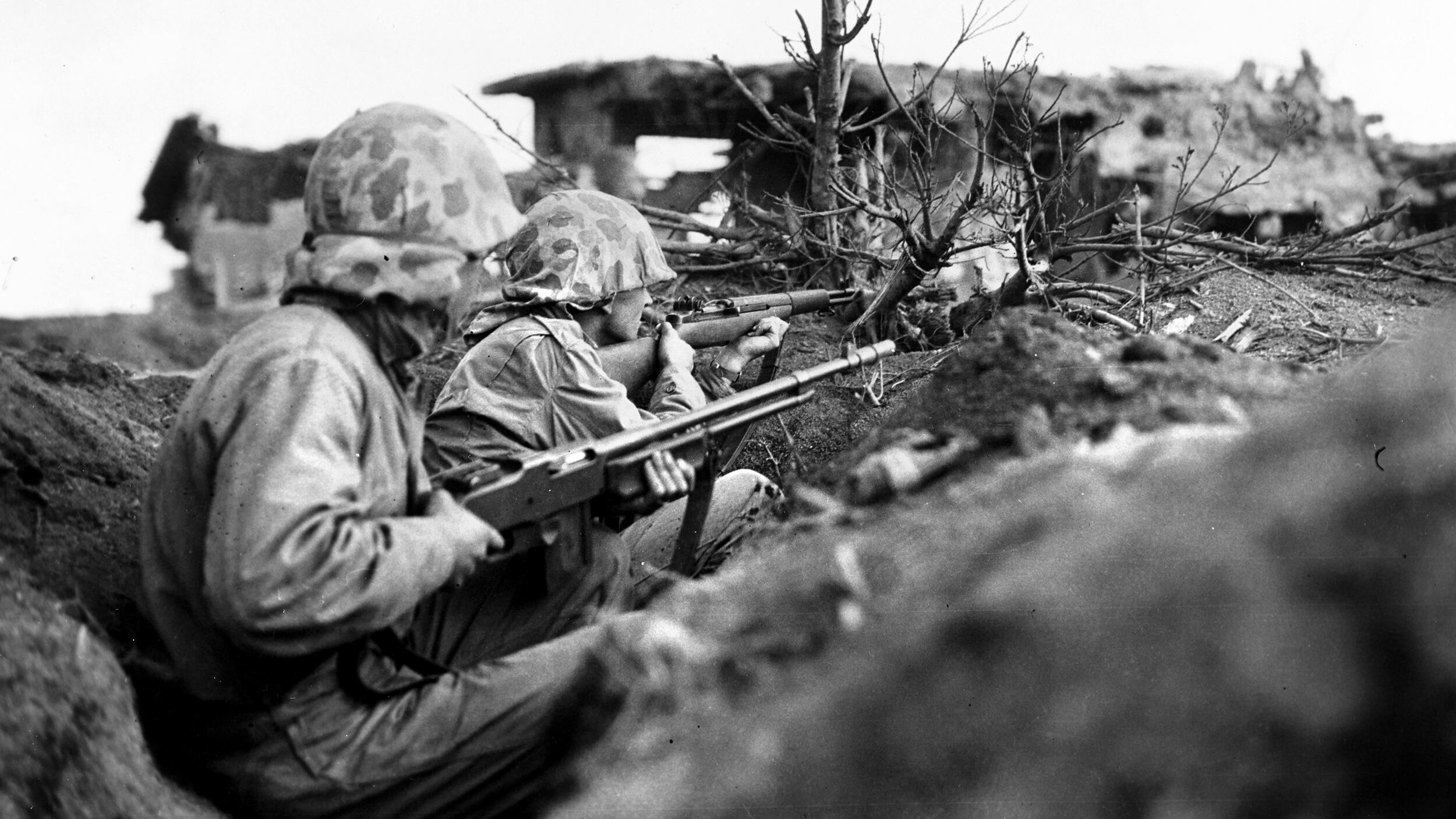
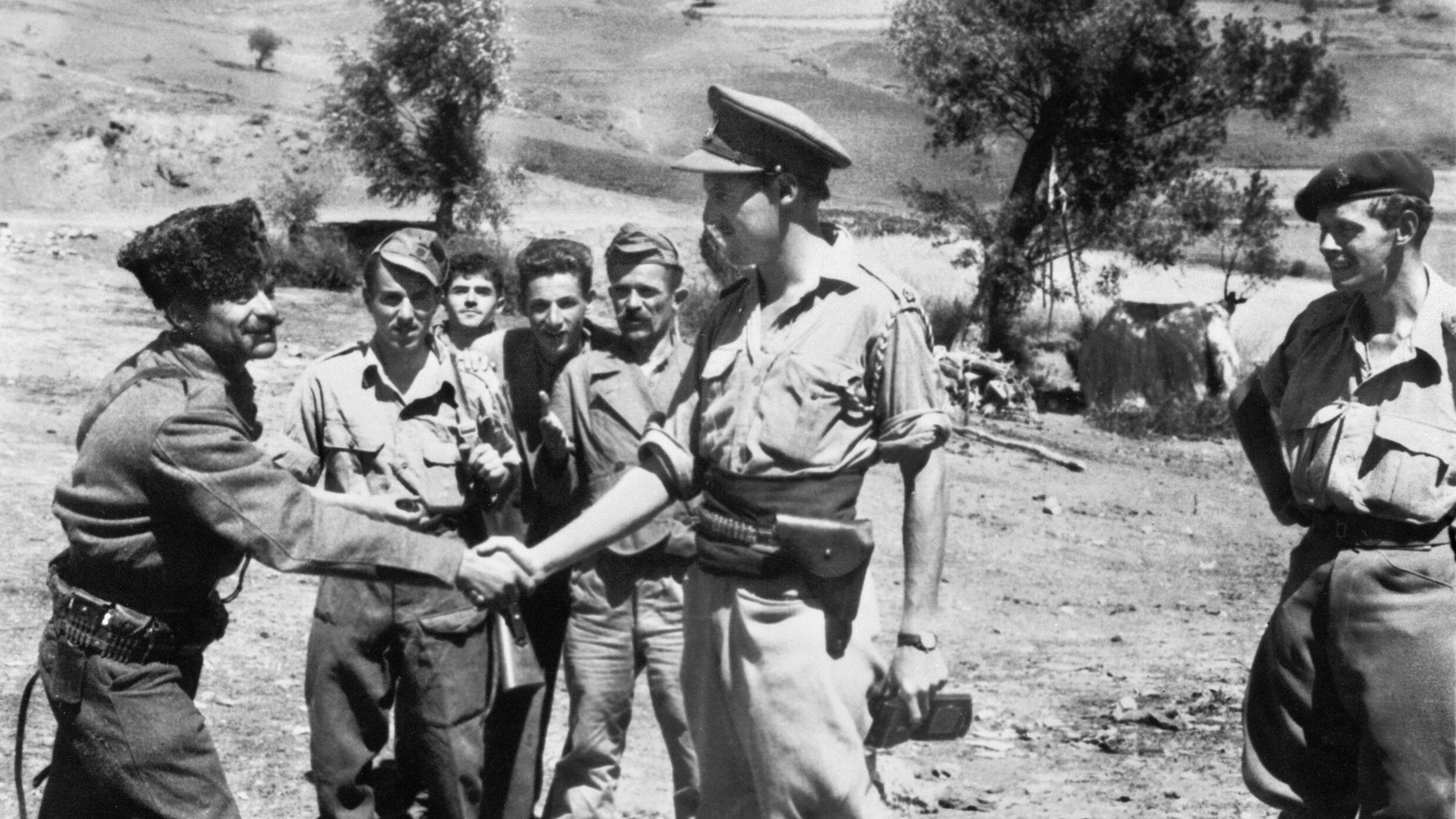
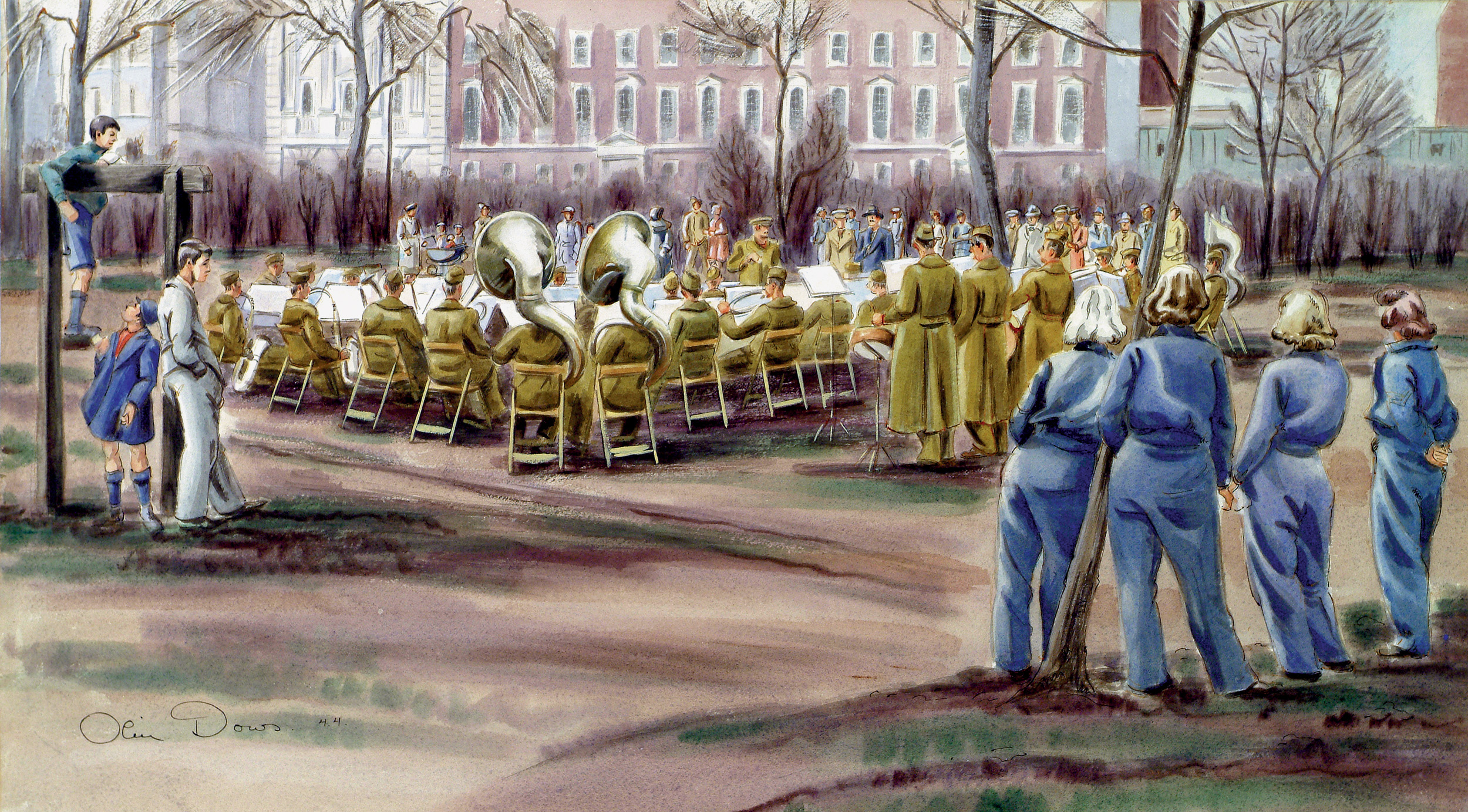

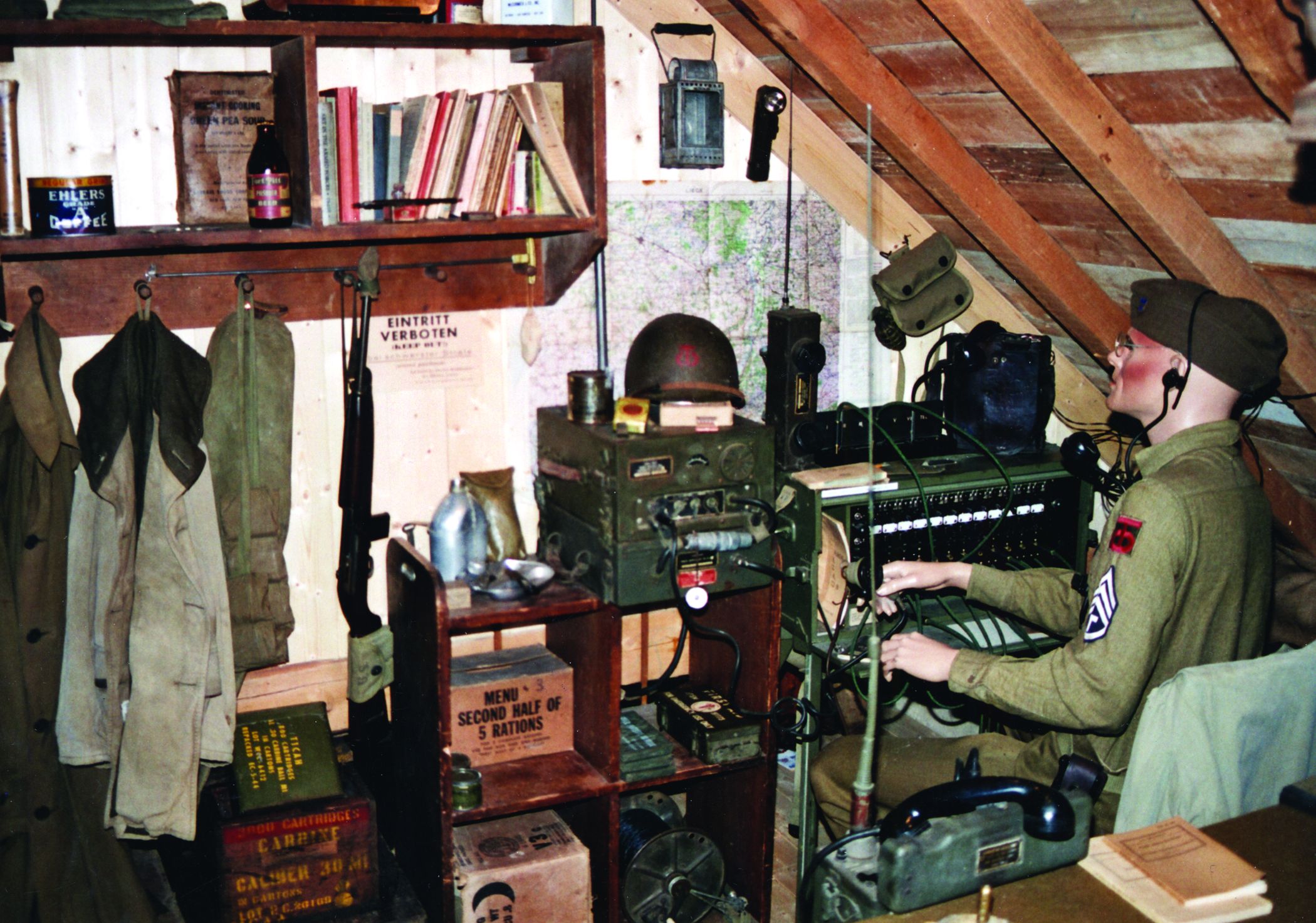
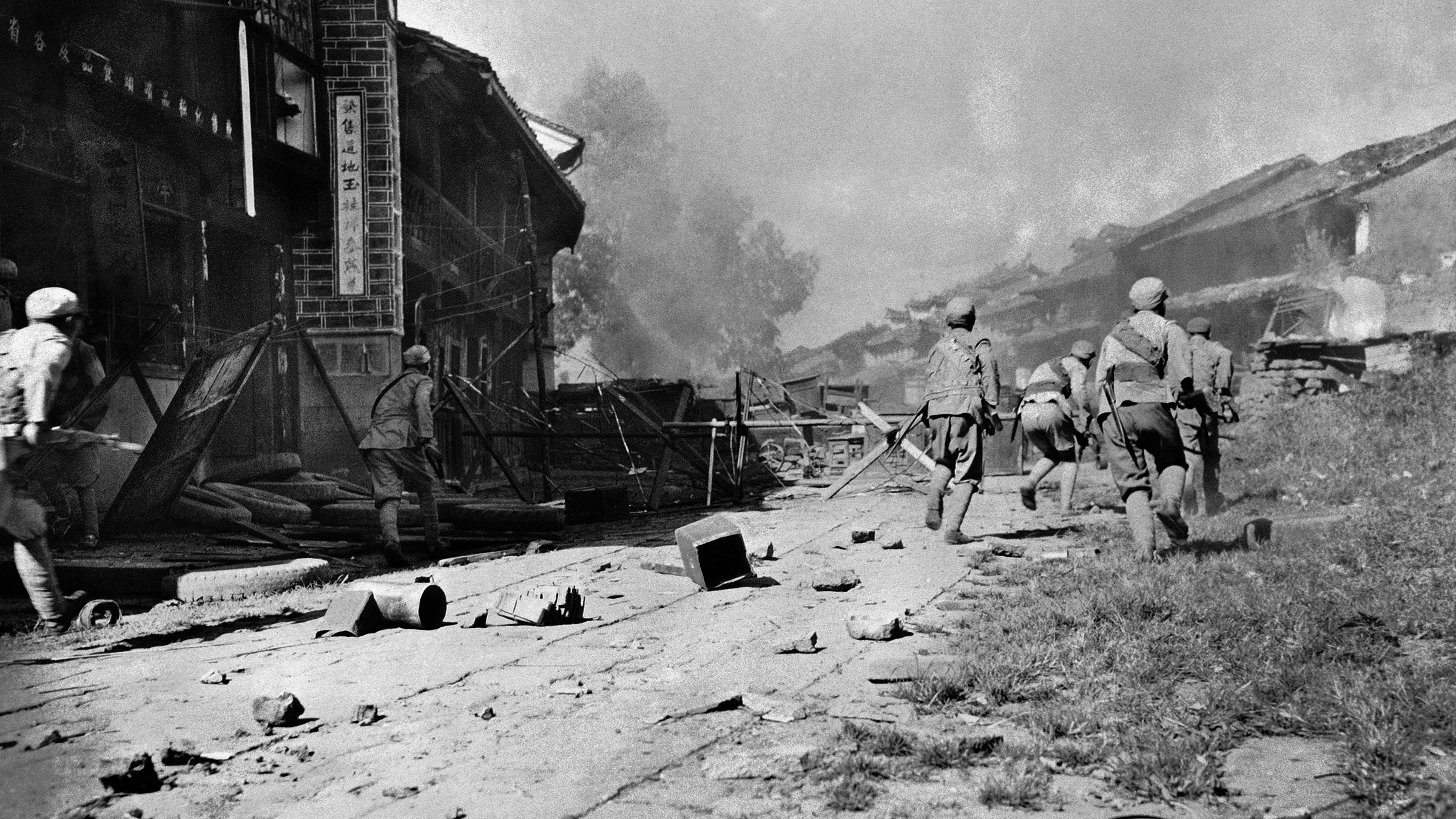

Join The Conversation
Comments
View All Comments